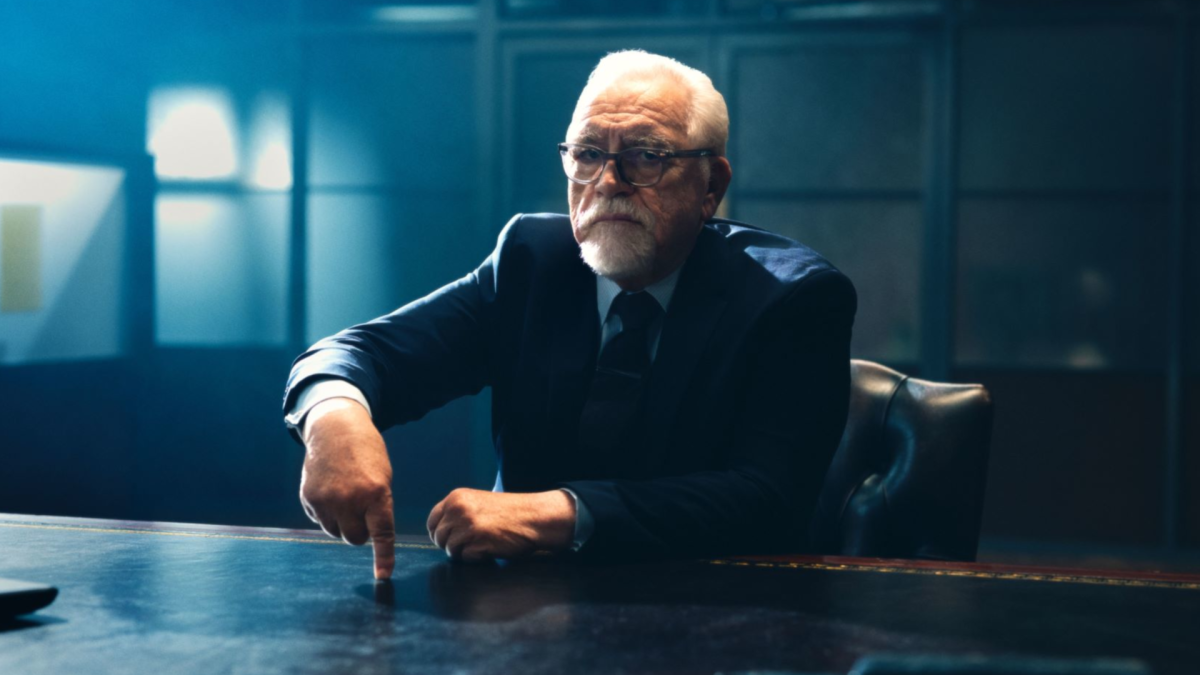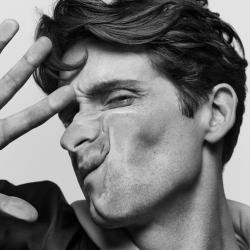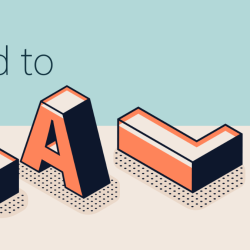This World Mental Health Day, ASICS is tackling an unlikely villain: the office desk. In a compelling PSA, ‘world’s scariest boss’ Brian Cox warns office workers of the hidden perils of our sedentary work lives.
Research shows that only two hours of desk work can significantly dampen our mental state. The good news is that just 15 minutes of physical activity can boost our mood by over 20%. So ‘run, jump, roller skate’ — ASICS is urging workers worldwide to step away, get active and join the #DeskBreak movement. Our Editor-at-large Natasha Randhawa chats with Caroline Fisher, Communications Director, ASICS and Hannah Giles, Associate Director, Golin, to discuss the genesis of the campaign, why a sportswear brand is championing mental health in the workplace, and why it matters now more than ever.
Caroline and Hannah, welcome. Walk us through how this campaign came about
CF: ASICS has always championed the power of movement on the body and the mind. It’s why we’re called ASICS — ‘Anima Sana in Corpore Sano’ which is Latin for ‘a Sound Mind in a Sound Body.’ At the centre of all of our work is the mission to encourage people to move for their minds, and in the last three years, World Mental Health Day has become a key calendar date for us to really amplify this message to a global audience. Our 2024 State of Mind study, involving 26,000 participants globally, revealed a strong connection between sedentary behaviour and mental wellbeing with State of Mind scores declining the longer individuals remain inactive. Further research into desk-based working found that after just two hours of continuous desk work, State of Mind scores drop and stress levels rise. That’s why this World Mental Health Day, we wanted to tackle this universal threat to our mental health – the desk we work at every day — and encourage people to take daily movement breaks during the working day. And what better way to make the world listen than enlisting Brian Cox to take on the role of the world’s scariest boss, to deliver a powerful message in a mental health Public Service Announcement?
What inspired the decision to cast Brian Cox, and how did he respond to subverting Logan Roy’s persona to advocate for mental health?
CF: Brian Cox is known for playing some pretty fearsome characters in his career and when Brian speaks, people listen. That’s why we got him on board to point out the scariest thing in the office — not him, but the desk — and encourage the world to take a Desk Break for their mental health.
HG: As soon as we put the idea in front of Brian, he was on board. He got the message and was really excited to get behind it. The response to the PSA has been amazing and it’s been really rewarding to see the subtle touches our brilliant creatives, director and production team built into the film get the reaction they have. It’s definitely a career highlight to be able to get the Brian Cox to sport a suit and shorts for mental health.
Hannah, how did the scientific insights from the State of Mind study shape Golin’s creative direction and messaging?
HG: The ASICS State of Mind Study explores the relationship between exercise and state of mind across the world and found that those who are more sedentary have a lower state of mind score. We then conducted further research into one of the key things that keep us sedentary daily, working at our desk. This research found that our mental state starts to drop and stress levels rise after just two hours of working at our desk but just 15 minutes of daily movement can help to reverse the effects. With that, our message was simple; we wanted to encourage people to take daily movement breaks during the working day for their mental health and challenge the corporate working culture to take employee mental wellbeing seriously.
ASICS and Golin first teamed up in 2022 for ‘Dramatic Transformation.’ How did that project inform your creative collaboration and approach to this campaign?
CF: That is a great question. Dramatic Transformation showed us the power of a simple message and a bold creative, and is an approach we have carried through in our work with Golin since. It also spoke to a real cultural problem, a toxic exercise culture that is putting millions of people off exercise. Similarly, the Desk Break is speaking to another cultural issue that is stopping people moving for their minds, but this time in the workplace.
The Desk Break Clause also provides a framework for workers to implement legal movement breaks in their workplaces. But how well do these initiatives translate into tangible business benefits?
CF: Offering employees a daily 15-minute movement break is not only beneficial to employees but also businesses. Our Desk Break experiment found that office workers’ productivity, focus and stress levels improved after just one week of taking a desk break.
In fact, almost 80% of participants said they would be more loyal to their job if offered regular movement breaks. That’s why we’re leading by example and encouraging our own staff to take daily movement breaks. We hope that other businesses will do the same.
And finally, what tips would you give fellow brands who want to authentically integrate mental health initiatives into their marketing efforts?
HG: What’s incredible about ASICS is that it truly champions mental health through movement. It’s been part of the brand since it was founded in 1949 and is clear to see through its messaging, campaign and long-term partnerships with mental health charities, like Mind and Mind US.
As well as being a key element of the brand’s identity, ASICS is set on tackling the barriers that stand in the way of people moving for the mind and democratising exercise. I think this is what other brands can learn from ASICS. It isn’t afraid to call out the issues and follows through with real tangible actions that address the problems head-on. The Desk Break clause is the perfect example of this. ASICS has changed its own employment contracts to give its staff the right to exercise for their mind daily and is offering this to other businesses verbatim to make it easy for them to make this positive change too.
It can’t just be awareness campaigns, we need to change the norm, especially with mental health, and that’s what ASICS does so well.
































